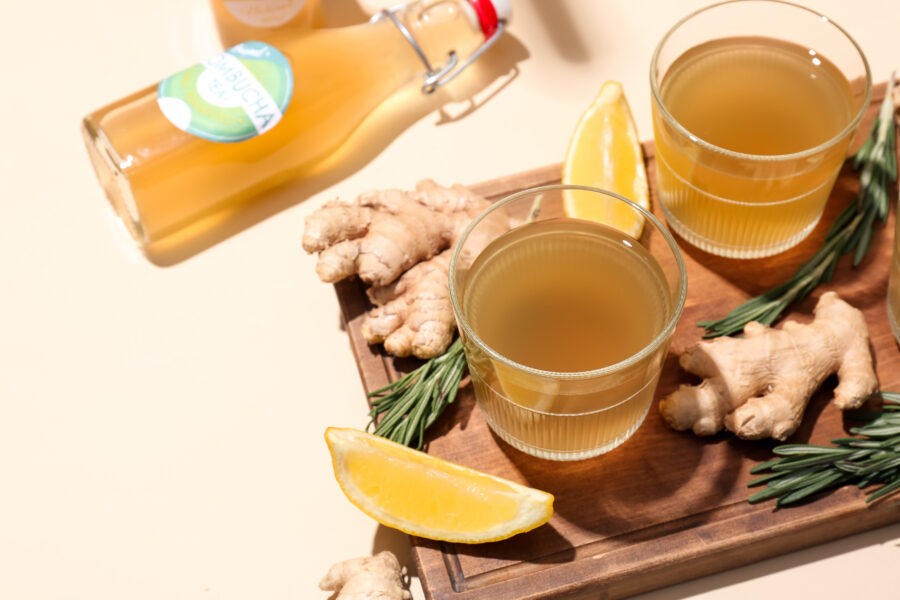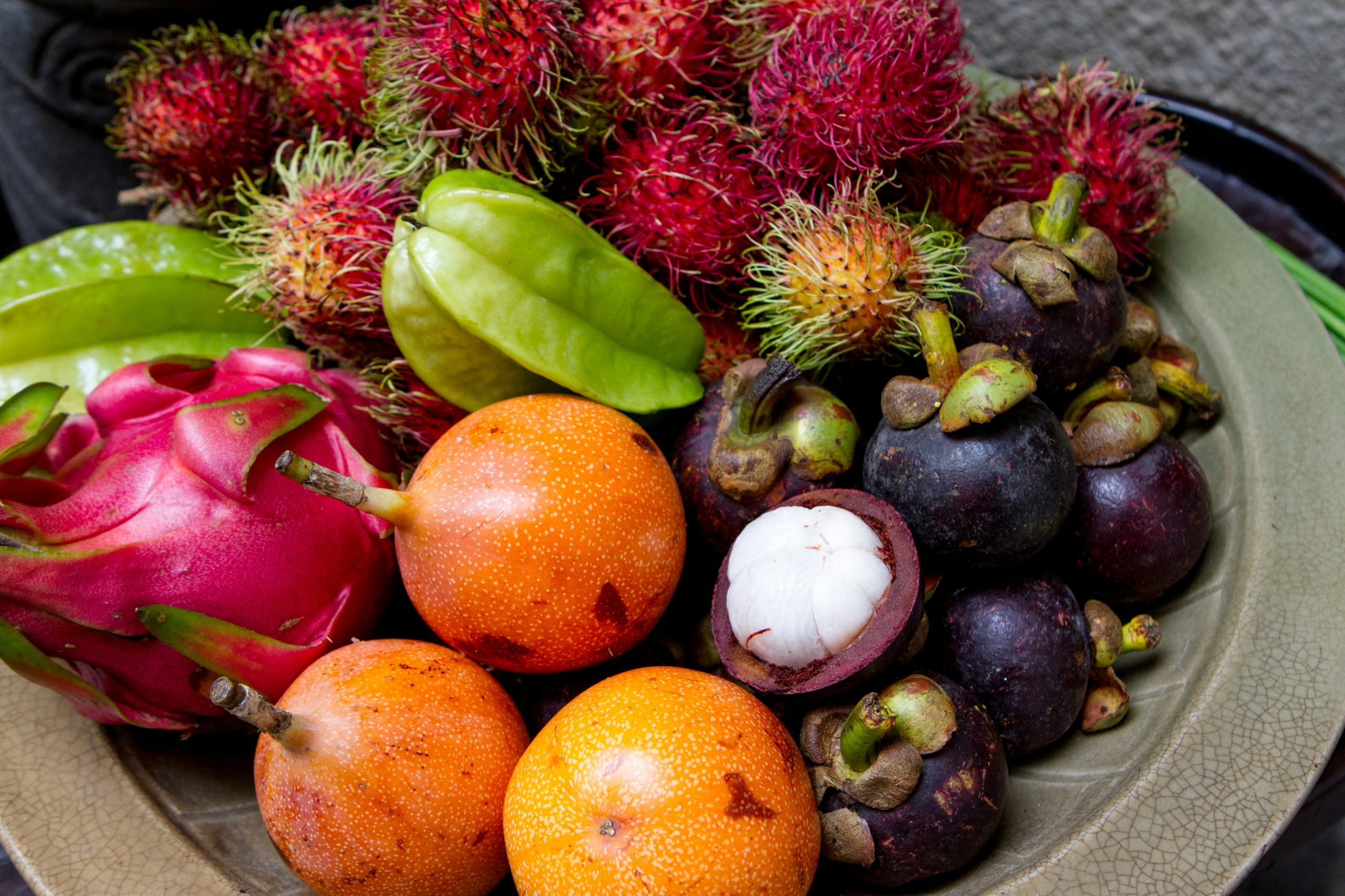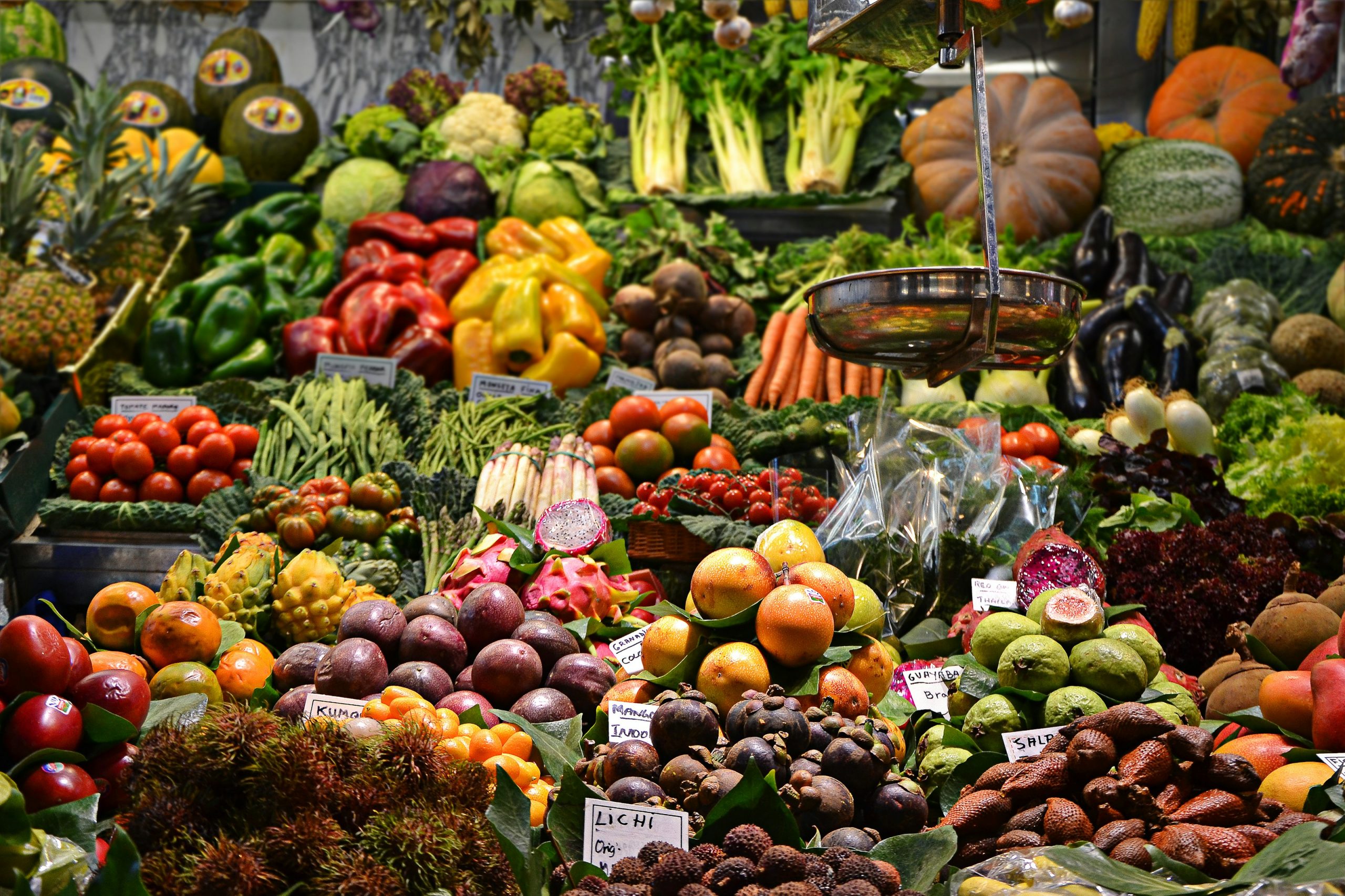Kombucha tea continues to rise in popularity among mainstream consumers. With age-old ties to immunity and gut health, the fermented drink has also become a target for medical research.
The global kombucha market is expected to grow at a compound annual rate (CAGR) of 15.6% from 2022 to 2030, per Grandview Research. As the report notes, kombucha is largely marketed for its health benefits, such as improved energy and immunity, weight loss, and its ability to eliminate toxins.
According to Lori Bolin, president and CSO of BrewLogix, a series of more “stealth” factors indicate consumers are also shifting the market and driving sales beyond retail. These include increased demand for kombucha tap rooms or “bucha bars” and an uptick in the number of historical beer brands that are producing both traditional and hard kombucha.
“We’ve seen keg sales to health-related customers double in 12-months’ time,” Bolin told The Food Institute, adding that crowler and growler sales have quadrupled during the same period.
Standing Out Among BFY Bevs
What exactly separates kombucha from other better-for-you elixirs in today’s booming functional beverage market?
Bolin, who is also co-owner of Crossroads Kombucha, believes two factors play a key role. In addition to the unique symbiotic culture of bacteria and yeast (the “SCOBY”) that contributes specific health attributes throughout the fermentation process, consumers can also make kombucha in their own kitchens.
“This is not a “recipe” processed in a moment, but a landscape of good bacteria and yeast that has taken time to test and perfect,” said Bolin. “While the brewing is challenging and time consuming, it is a transparent tradition that exposes the genuine nature of kombucha to anyone who wants to venture in.”
These roots in tradition, along with heightened mainstream awareness and accessibility, have prompted an evolution of kombucha drinkers, which now includes consumers of all ages and backgrounds.
“Among nearly all adults in the line at the ‘mobile bucha tap room’ are people who want better gut health, a stronger immune system, and a brighter sense of well-being,” said Bolin. “They are more educated about kombucha and fermented foods and are seeking out better food and beverage experiences.”
Role in Food as Medicine
Consumers aren’t the only ones showing enthusiasm for the potential health benefits of kombucha. A recent clinical trial conducted by researchers at Georgetown University’s School of Health found that people with type 2 diabetes who drank kombucha for four weeks had lower fasting blood glucose levels compared to when they consumed a similar-tasting placebo beverage.
As Bolin observed, the study results do not come as a surprise to kombucha brewers, given the significant draw of the beverage’s “natural healing abilities.” What “healing” means, however, represents different things to different people.
“It may mean less joint pain, greater energy, a more balanced mood, improved digestion, and yes, many individuals with type 2 diabetes report it helps them maintain consistently better numbers,” said Bolin. “It’s important that kombucha brewers are cautionary about these claims, but we can’t discount the stories we hear—some being truly remarkable.”












